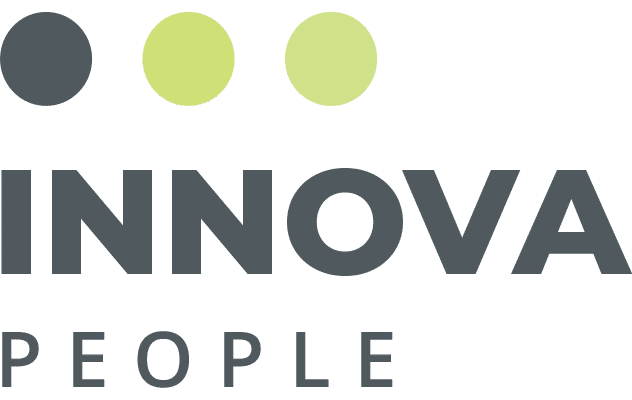While there are a lot of unknowns in the economy and the pandemic the job market is bouncing back and 2021 is going to be a big year for a lot of us. Here are some hiring trends to look out for as we slowly enter a vaccinated world.
Remote Work is the New Norm
At the height of the pandemic’s initial surge, Gallup found that 51 percent of employees said they had been entirely remote since the start of the pandemic. While some people gradually returned to worksites as new health and safety protocols emerged, a large number of U.S. workers remained fully remote. By October, 33 percent reported that they always work remotely. The 67 percent who aren’t regularly remote are likely working in hybrid models with time split between the office and home. Expect this model to become the new norm, even post-pandemic.
That’s because both employers and employees discovered key advantages to remote work, and it’s emerging as a must-offer benefit for employers that wish to remain competitive. Two-thirds of those who worked remotely during the pandemic want to continue doing so. By offering candidates a remote option, employers not only have an edge for attracting top talent, but they also gain the ability to increase diversity and inclusion. With the ability to attract great talent from anywhere, employers can source from a talent pool vastly more extensive than their local markets.
Commitment to Diversity, Equity & Inclusion
Are you ready for Gen Z? The oldest members of Gen Z will turn 24 this year, and members of the most diverse and most educated generation in U.S. history are flooding the workforce. When its 66 million members are looking for work, a recent Monster.com survey found that 83 percent say a company’s commitment to diversity and inclusion is essential when selecting an employer. For those looking to hire in 2021 and beyond, that’s a hard number to ignore.
To hire top talent from this generation, employers will have to put their efforts to be diverse and inclusive as a top priority — and those efforts will have to go beyond mere lip service. With so much at stake — and with many employers now having the opportunity to hire talent from literally anywhere — low progress on the DEI front will make hiring harder than ever.
Expect a Surge in Hiring in Healthcare & IT
According to the Bureau of Labor Statistics (BLS) these jobs in the IT and healthcare sectors are expected to grow at a faster (or much faster) rate than average and their 2019 median pay.
- Specialized Engineers – Hiring for these engineering roles grew nearly 25% between 2019 and 2020.
- Top job titles: Full Stack Engineer, Frontend Developer, Game Developer, Web Developer
- Registered Nurses – Demand for nurses grew nearly 30% year-over-year in 2020.
- Top job titles: Registered Nurse, Certified Nursing Assistant, Nurse Practitioner, Intensive Care Nurse
- User Experience (UX) Professionals – Hiring for these specialists grew 20% between 2019 and 2020.
- Top job titles: User Experience Designer, Product Design Consultant, User Interface Designer, User Experience Researcher
- Data Science Specialists – Hiring for these roles grew nearly 46% since 2019.
- Top job titles: Data Scientist, Data Science Specialist, Data Management Analyst
We may not know what the future holds, but we do know that these trends are expected to dominate today’s hiring market. Of course, with all the other obstacles businesses face today, attracting the top-talent is easier said than done. It’s also why so many of them turn to INNOVA People for help.
We use our nationwide network of qualified talent, a comprehensive talent acquisition, and human resources solution that leverages data without losing sight of the human side of the business. Our tenured recruiters are specialists in tough-to-fill positions even in the toughest hiring market on record. Contact us today to get started.



